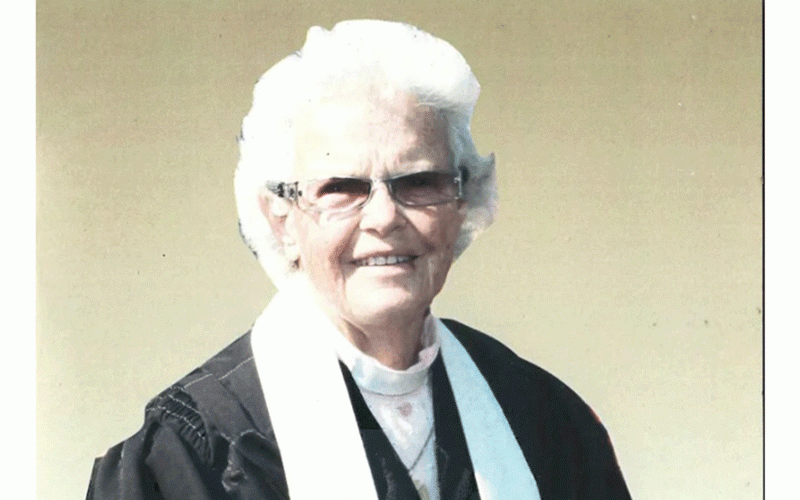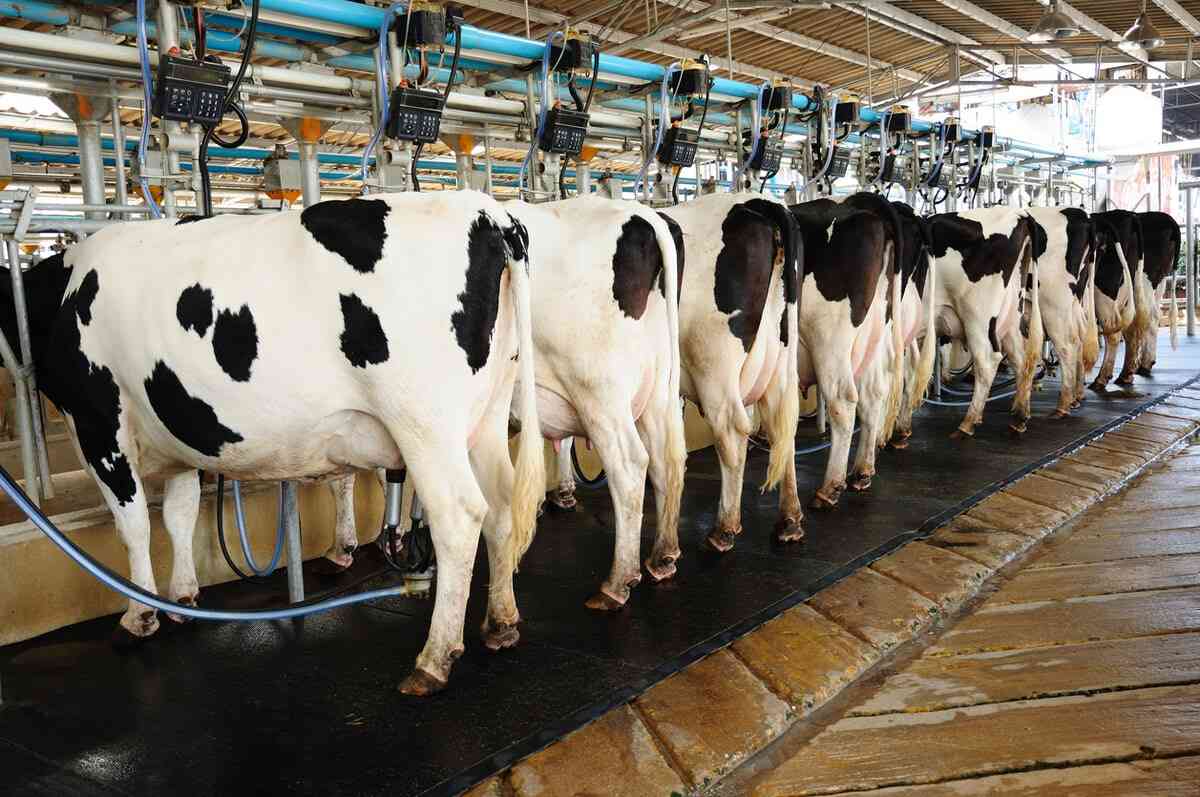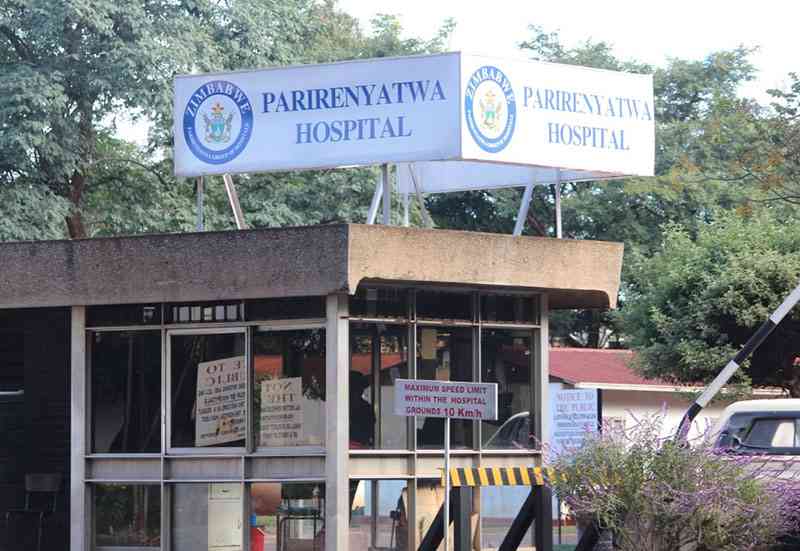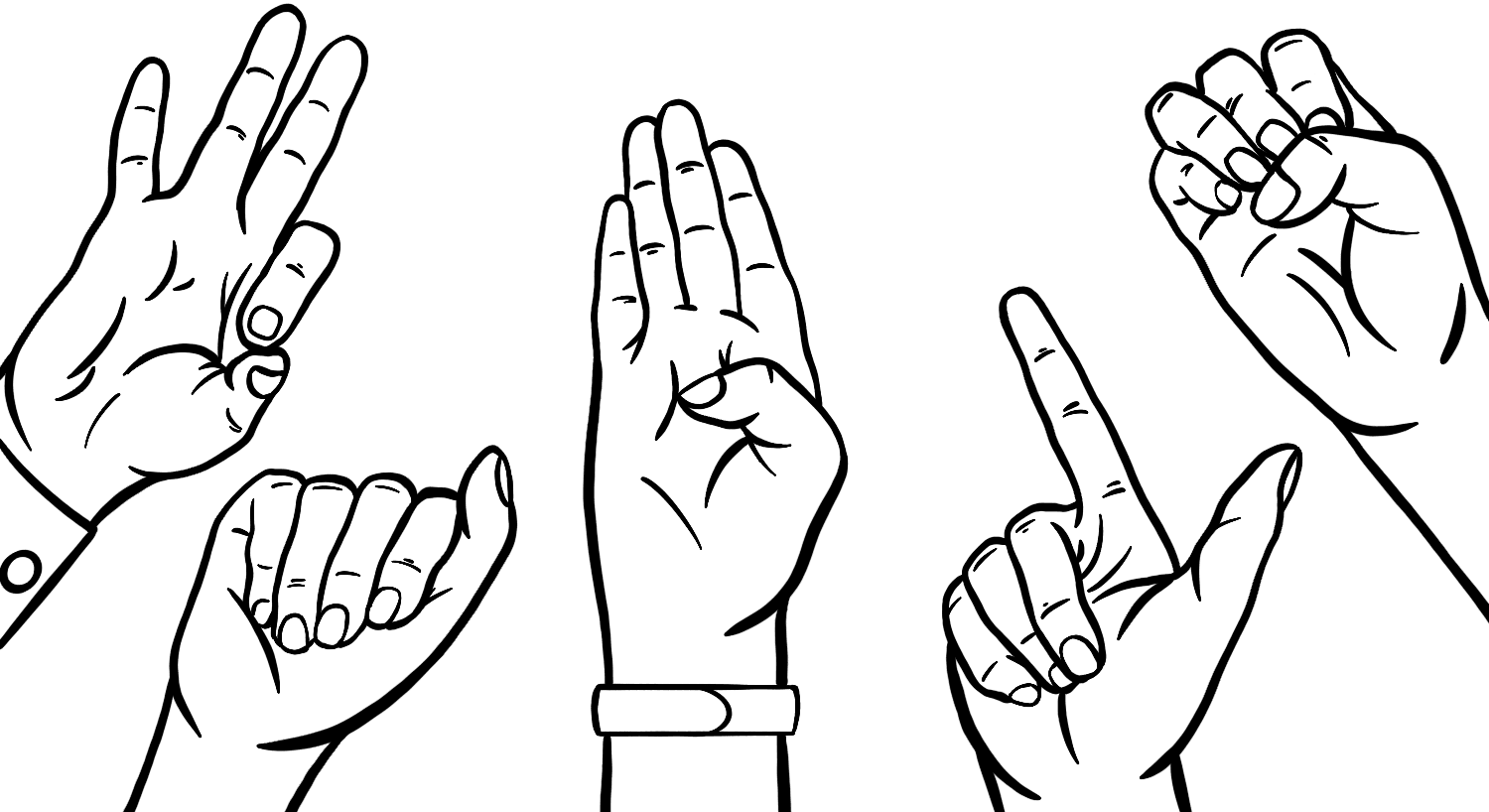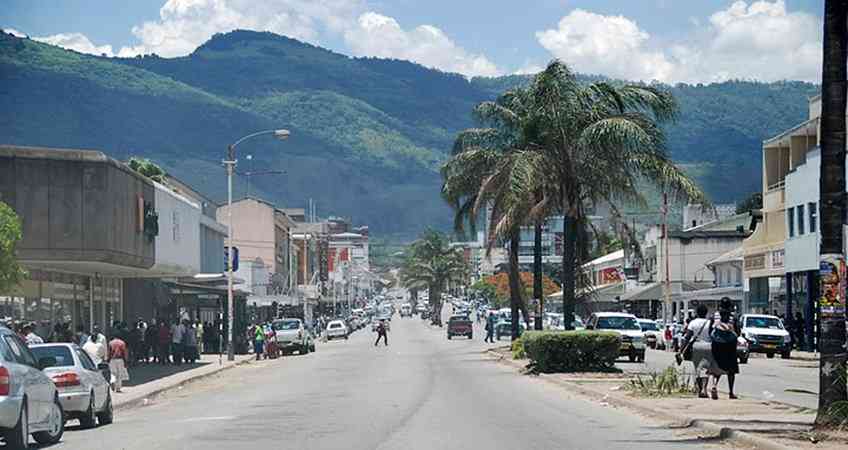
IN the wake of the Southern African Development Community (Sadc) summit held in Zimbabwe last month, the city of Mutare finds itself grappling with the aftermath.
While the summit aimed at fostering regional co-operation, local residents and businesses are left counting the costs of preparations and the subsequent chaos that ensued.
In the months leading up to the summit, Mutare abuzz with activity.
Heavy-duty trucks rolled in and out of the city, transporting materials for renovations to spruce up Harare ahead of the event.
Roads, already in a bad state, bore the brunt of this influx of traffic and many were left damaged.
Locals watched as their thoroughfares deteriorated further, a stark reminder of the heavy toll the infrastructure had taken.
Speaking at a Mutare Press Club discussion organised by Zimbabwe Union of Journalists Manicaland Chapter in Mutare on Friday last week, the programmes director for United Mutare Residents and Ratepayers Trust Edson Dube said residents and businesses endured security threats.
The meeting was convened to discuss the impact of the Sadc summit on ordinary residents and local businesses.
- Sadc meets over water, energy and food security
- Women tell own stories through film fest
- 5 Zim cops off to South Sudan
- Opposition loses hope on reforms
Keep Reading
“During the summit we saw increased police patrols on horses and motorised canisters, this was a matter of security threat,” Dube said.
“The presence of armed police and military personnel intensified during this period. Small business owners reported feeling threatened as they were often approached by officials demanding permits or compliance with curfew regulations.
“As a result, many business meetings and plans were postponed. Business owners had anticipated a boom with the influx of visitors for the summit. We thought it would bring opportunities.”
He said a curfew enforced as the summit approached resulted in business operators closing their businesses earlier than usual.
Mutare Informal Traders Association president Itai Kariparire said the repercussions were severe.
“Many vendors, reliant on daily sales to support their families, reported significant losses. They lost over half of their incomes during that week," lamented Kariparire.
”The police presence scared away customers. They did not want to get caught up in any trouble. Instead, in some cases vendors faced harassment and restrictions.
“As usual, the vendors were just trying to make an honest living, but it felt like the authorities were against them."
The impact extended beyond individual vendors.
Larger businesses also reported a downturn.
With the roads damaged and the curfew limiting operating hours, many found it challenging to meet their supply chains and customer demand.
Despite these challenges, the residents of Mutare remain resilient.
Community leaders are calling for a collective response to address the road damage and the economic fallout.
“We need to come together to rebuild. The summit may have been a moment for leaders, but for us, it is about survival,” said Noel Marange, a community development expert.
“As a community, there is a need to have discussions about infrastructure repair that must be done. There is a growing worry about the long-term implications of our losses.”
As the dust settles after the summit, the people of Mutare are left to navigate the complexities of recovery.


